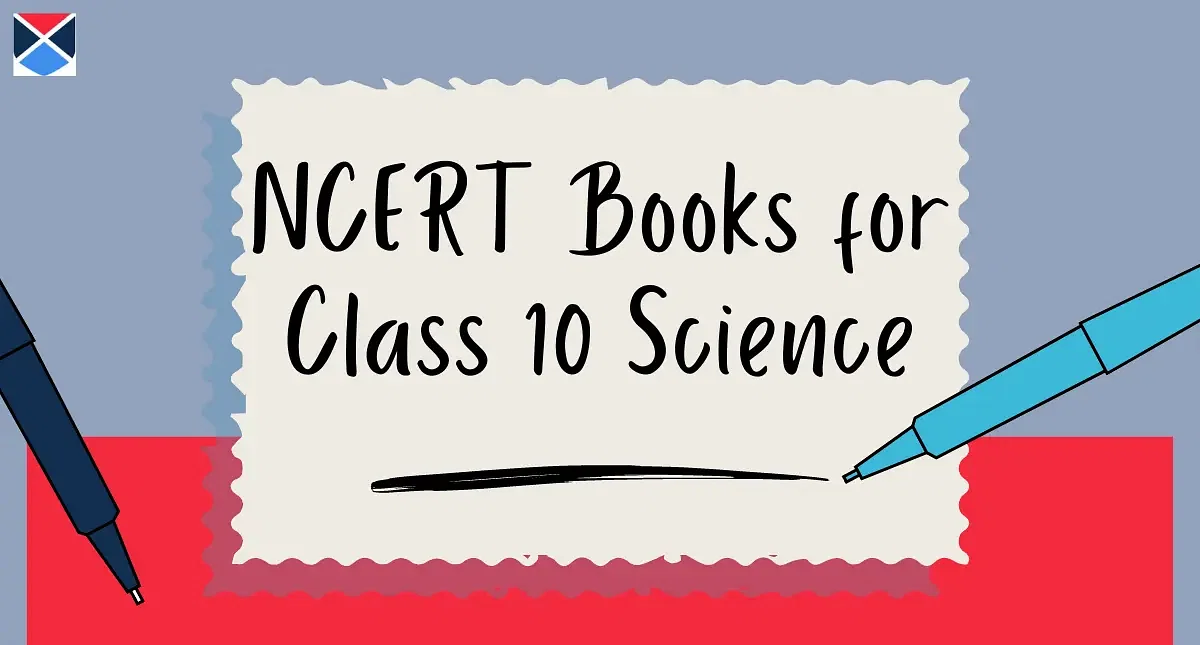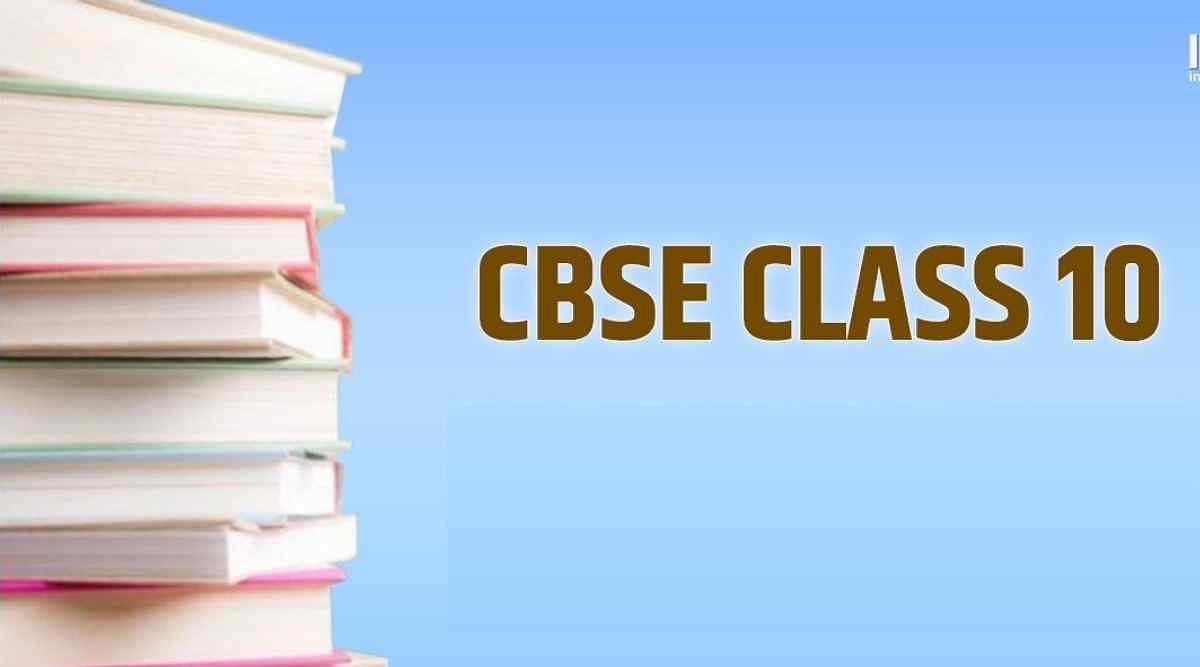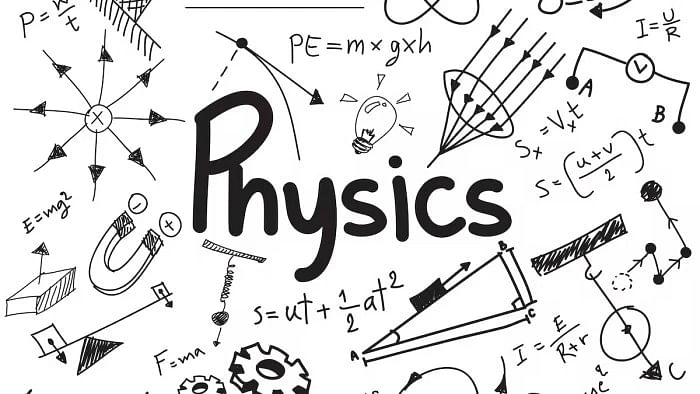NCERT learning outcomes are prepared keeping in mind the purpose and benefits of studying NCERT books. Understand the learning outcomes of NCERT books from class 1 to 10 in detail.
NCERT is a government-controlled cooperative society that will be publishing all the textbooks for the schools following the CBSE board of education. Along with the books, NCERT will also be deciding the learning outcomes, structure, and curriculum. NCERT learning outcomes are framed in a way that learning modules are helpful for the students in understanding the key points and concepts.
NCERT is very closely related to the Central Board of Secondary Education. These two regulatory bodies were set up by the Government of India to bring in a single board for students across the country regardless of their state.
NCERT Learning Outcomes for Classes 1 to 10
The NCERT full form is The National Council of Education Research and Training. It is an autonomous organization established in 1961 by the Government of India to assist the central and state Government in improving School Education. The Central Board of Secondary Education (CBSE) prescribes the Textbooks published by NCERT for classes I to XII. In India, around 19 boards from 14 states have adopted the NCERT books.
NCERT textbooks are colour-printed and come among the cheapest-priced books in India. In 2017, the Government of India decided that NCERT and CBSE will do the exclusive task of publishing the central textbook and will only be responsible for conducting the exam.
Listed below are the learning outcomes of the classes from 1 to 10.
- NCERT Learning Outcomes for Class 1
- NCERT Learning Outcomes for Class 2
- NCERT Learning Outcomes for Class 3
- NCERT Learning Outcomes for Class 4
- NCERT Learning Outcomes for Class 5
- NCERT Learning Outcomes for Class 6
- NCERT Learning Outcomes for Class 7
- NCERT Learning Outcomes for Class 8
- NCERT Learning Outcomes for Class 9
- NCERT Learning Outcomes for Class 10
NCERT Learning Outcomes for Class 1
NCERT class 1 book consists of four subjects English, Hindi, Urdu, and Maths. NCERT Maths books for class 1 are available in 3 languages, English, Hindi, and Urdu, so that any student from India can understand the subject.
Listed below are the highlighted NCERT learning outcomes of class 1.
- Identify words with pictures and name the familiar objects seen in the pictures.
- Recognizes letters and their sounds A-Z.
- Distinguishes between small and capital letters in print or Braille.
- Recites poems or rhymes with actions.
- Scribble or draw in response to poems and stories.
- Responds orally to comprehension questions related to stories or poems.
- Recognizes sequence and story characters and questions about the story.
NCERT Learning Outcomes for Class 2
NCERT class 2 books consist of four subjects English, Hindi, Urdu, and Maths. NCERT Maths books for class 2 are available in 3 languages, English, Hindi, and Urdu, so that any student from India can understand the subject.
Below are the highlighted NCERT learning outcomes of class 2.
- Responds to questions on stories and poems, in English, home language, or sign language, orally and in writing (phrases or short sentences).
- Expresses her/his opinion verbally and asks questions about the characters, storyline, etc., in English/home language.
- Write or draw words or short sentences in response to stories and poems.
- Listens to English words, its polite forms of expression, and responds in English/home language like 'How are you?', 'I'm fine, thank you.', etc.
- Uses simple adjectives related to size, shape, colour, and weight.
NCERT Learning Outcomes for Class 3
NCERT class 3 books consist of five subjects English, Hindi, Urdu, Environmental Studies, and Maths. NCERT Maths and Environmental Studies books are available in 3 languages: English, Hindi, and Urdu, for any student from India, can understand the subject.
Points below are the highlighted NCERT learning outcomes of class 3.
- Responds appropriately to oral messages or telephonic communication.
- Writes or types dictation of words, phrases, or sentences. Practice using meaningful short sentences in English, orally, and in writing.
- Uses various nouns, pronouns, adjectives, and prepositions in context compared to the previous class. Distinguishes between simple past and simple present tenses.
- Identifies opposites like 'day-night,' 'close-open,' and such others.
- Use appropriate punctuation such as capital letters, question marks, and full stops.
NCERT Learning Outcomes for Class 4
NCERT class 4 books consist of five subjects English, Hindi, Urdu, Environmental Studies, and Maths. NCERT Maths and Environmental Studies books are available in 3 languages: English, Hindi, and Urdu, for any student from India, can understand the subject.
Below are the highlighted NCERT learning outcomes of class 4.
- Recites poems with appropriate expressions and intonation. Enacts different roles in short skills.
- Responds to instructions and announcements in English made in class or school.
- Responds verbally in English to questions based on day-to-day life experiences, an article, story, or poem.
- Describes briefly, orally, or in writing about events, places, or personal experiences in English.
- Read books, news headlines, pamphlets, advertisements, and subtitles on TV.
NCERT Learning Outcomes for Class 5
NCERT class 5 books consist of five subjects English, Hindi, Urdu, Environmental Studies, and Maths, available in 3 languages, English, Hindi, and Urdu.
Listed below are the NCERT learning outcomes of class 5 in the points below.
- Read English news items or headlines, storybooks, advertisements, and discuss them and compose short paragraphs.
- Conducts short interviews of people around them, for example, interviewing teachers, school librarians, gardeners, and grandparents.
- Usage of grammatically correct sentences to narrate incidents and framing questions.
- Usage of synonyms such as big/significant’ and antonyms like inside/outside from clues in the context.
NCERT Learning Outcomes for Class 6
NCERT class 6 books have English, Hindi, Maths, Sanskrit, Science, Social Science, and Urdu subjects in three languages: English, Hindi, and Urdu for all the students across India.
Below points are the NCERT learning outcomes of class 6.
- Responds to verbal messages, telephonic communication in English and communicates them in English or home language.
- Respond to announcements and instructions made in school assembly, class, railway station, and other public places.
- Reads various texts in English/Braille and identifies main ideas, characters, the sequence of ideas, and events and relates to his/her personal experiences.
- Reads to seek information from the notice board, newspaper, Internet, tables, charts, diagrams, maps, etc.
- Responds to various questions on familiar and unfamiliar texts verbally and in writing.
NCERT Learning Outcomes for Class 7
NCERT Class 7 books consist of 7 subjects: English, Hindi, Maths, Sanskrit, Science, Social science, and Urdu. In addition, NCERT Maths, Science, and Social science are available in three languages: English, Hindi, and Urdu for all the students across India without the language barrier.
Below are the NCERT learning outcomes of class 8.
- Answer to questions orally and in writing on a variety of texts.
- Reads stories aloud and recites poems with appropriate pauses, intonation, and pronunciation.
- Actively participate in different activities in English such as role-play, poetry recitation, skit, drama, debate, speech, elocution, declamation, quiz, etc., organized by school and other such organizations.
- Involves in conversations in English with friends, family, and people from different professions such as salespeople, shopkeepers, etc., using appropriate vocabulary.
NCERT Learning Outcomes for Class 8
NCERT class 8 books consist of 7 subjects, English, Hindi, Maths, Sanskrit, Science, Social science, and Urdu. NCERT Maths, Science, and Social science are available in English, Hindi, and Urdu mediums for all the students across India without any language barrier.
Highlighted NCERT learning outcomes of class 8 are listed in the points below.
- Respond to announcements and instructions in school and public places like railway stations, markets, airports, cinema halls, and act accordingly.
- Introduce guests in English and interview people around you by asking questions based on their work.
- Engages in English conversations with people from different professions such as bank staff and railway staff using appropriate vocabulary.
- Uses polite expressions to communicate, for example. ‘May I borrow your book?’, ‘I would like to differ,’ etc.
- Extract dialogues, poems, commentaries of game speeches, news, debates on TV, Radio, and expresses opinions about them.
NCERT Learning Outcomes for Class 9
NCERT class 9 books consist of English, Hindi, Maths, Sanskrit, Science, Social Science, Health and Physical education, ICT, and Urdu subjects in three languages, English, Hindi, and Urdu, for all the students across India without the language barrier.
Below are the NCERT learning outcomes of class 9.
- Narrate or describe stories (real or imaginary) and real-life experiences in English.
- Read textual/non-textual materials in English/Braille with comprehension.
- Identify details of characters and derive main & sequence ideas while reading.
- Read, contrast, think critically, compare, and relate ideas to life. Explore the meaning of unfamiliar words by reading them in context.
- Read various texts for pleasure, e.g., adventure stories and science fiction, fairy tales, and non-fiction articles, narratives, travelogues, and biographies.
NCERT Learning Outcomes for Class 10
NCERT class 10 books consist of 8 subjects, English, Hindi, Maths, Sanskrit, Science, Social science, Health and Physical education, and Urdu. All the subjects expect language subjects are available in English, Hindi, and Urdu medium for all the students across India without the language barrier.
Highlighted below are the NCERT learning outcomes of class 10.
- Write a meaningful paragraph through the process of drafting, revising, editing, and finalizing.
- Writes short essays in English/Braille with a proper beginning, middle, and end with appropriate punctuation marks.
- Answer or respond to textual or non-textual questions after comprehension or inference; draws character sketch, attempts extrapolative writing.
- Formulate and write emails, messages, notices, formal letters, descriptions/narratives, personal diary, report, short personal/ biographical experiences, etc.
- Develops a skit (dialogues from a story) and story from conversations
Purpose of Studying NCERT Books
While preparing for board exams or any school exams, for that matter, students always try to find perfect material or resources to prepare for exams. Choosing the right material can be tough, seeing the options available in the market. If they pick the wrong material, it will affect their results in exams. Generally, students follow materials referred by CBSE for exams. This material can also affect their exams if not appropriately chosen.
CBSE releases syllabus before the academic year with study material, blueprint, etc. NCERT, based on the CBSE syllabus, develops and distributes textbooks to CBSE students. These NCERT books are highly recommended for students appearing for CBSE exams because NCERT books highly focus on fundamentals of every subject as per the CBSE syllabus, which helps them clear the basic concepts of the subjects and in clearing doubts or queries related to each subject.
Benefits of Studying NCERT Books
Before the inception of CBSE and NCERT, only the state syllabuses were followed in all the schools, where the students were also discriminated against during the offering of jobs by preferring the candidates only from particular states and ignoring the rest. Following are the benefits of NCERT books:
- With the help of CBSE and NCERT, a single and unique syllabus that would be equally given importance all over the country was launched.
- The NCERT syllabus has received extensive popularity with the textbooks they offer, the structure, and the quality of teaching.
- Every year along with the syllabus, the NCERT will also be announcing the learning outcomes of all the classes to make sure to provide quality learning.
- If the student fails to follow any concept in the learning outcomes, they will not understand topics related to the idea.
Related Articles










